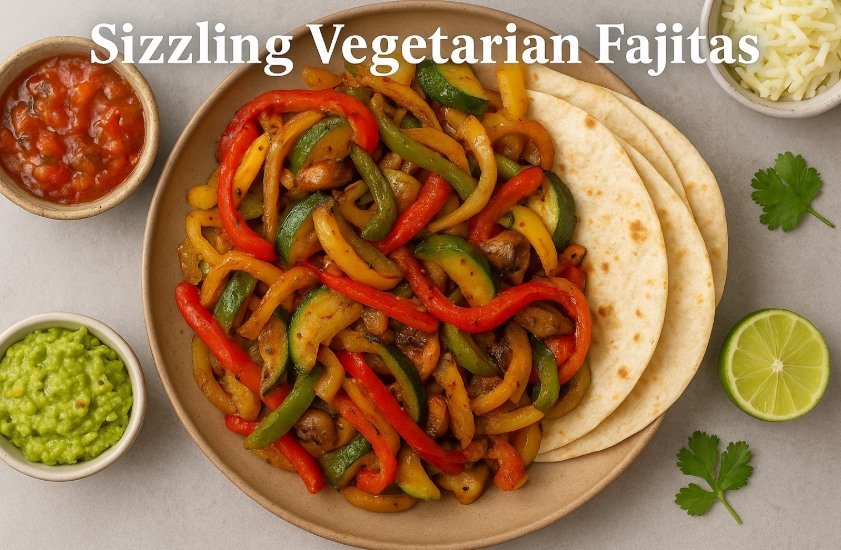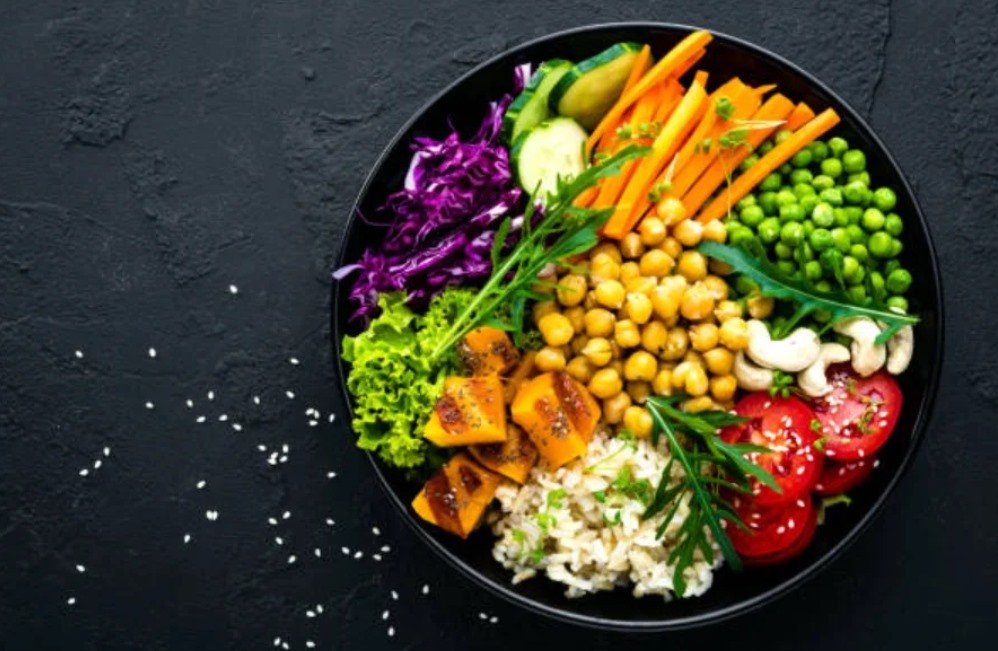
Introduction
Plant-based eating has become more popular around the world. People are choosing diets that focus less on animal products and more on plant-based foods. Two of the most common approaches are vegetarian and vegan diets. While they may seem similar, they are not the same. This article will look closely at vegetarian vs vegan: key differences explained so you can better understand what sets them apart and which may work best for your lifestyle.
What Is a Vegetarian Diet?
A vegetarian diet removes meat, poultry, and fish but usually allows animal products such as dairy and eggs. Vegetarians rely on fruits, vegetables, whole grains, legumes, nuts, and seeds as the main sources of food. Some vegetarians still eat dairy products like milk, yogurt, or cheese, while others may also include eggs in their diet. The focus is on eating more plant-based foods without fully removing all animal products.
Types of Vegetarians
There are several variations of a vegetarian diet:
- Lacto-vegetarians eat dairy products but avoid eggs, meat, and fish.
- Ovo-vegetarians eat eggs but avoid dairy, meat, and fish.
- Lacto-ovo vegetarians eat both dairy and eggs but exclude meat and fish.
These variations allow people to choose the version of vegetarianism that best fits their health, culture, or personal preferences.
What Is a Vegan Diet?
A vegan diet is stricter than a vegetarian diet. Vegans avoid all animal products, including dairy, eggs, and honey. Their diet is fully plant-based, focusing on fruits, vegetables, whole grains, beans, nuts, seeds, and plant-based alternatives to dairy or meat. Veganism often extends beyond diet and includes avoiding animal products in clothing or cosmetics.
Vegetarian vs Vegan: Nutrition Differences
The biggest nutritional difference between vegetarian and vegan diets is the intake of animal-based nutrients. Vegetarians often get protein, calcium, and vitamin B12 from dairy or eggs, while vegans must rely only on plant-based sources. Vegans need to pay closer attention to certain nutrients such as vitamin B12, vitamin D, omega-3 fatty acids, and iron because these are harder to get from plants alone. With careful planning, both diets can provide enough nutrients for a healthy lifestyle.
Health Benefits of Vegetarian Diets
A vegetarian diet is often linked to lower cholesterol levels, reduced risk of heart disease, and better weight management. Because it still includes dairy or eggs, vegetarians may find it easier to meet protein and calcium needs. It can also be more flexible, which makes it easier for many people to follow long term.
Health Benefits of Vegan Diets
A vegan diet is fully plant-based, which means it is usually higher in fiber and lower in saturated fat. Studies show that vegans may have a lower risk of heart disease, type 2 diabetes, and some types of cancer. Vegan diets can also support healthy weight management. However, since animal products are excluded, it requires careful planning to avoid nutrient deficiencies.
Environmental and Ethical Considerations
Another important difference between vegetarian and vegan diets is motivation. Many people choose these diets for health reasons, but others are motivated by environmental or ethical concerns. Vegan diets often reduce the use of animal products more than vegetarian diets, which means they may have a lower impact on the environment and animal welfare. Vegetarians also reduce meat consumption, but since they may still use dairy and eggs, their impact is somewhat less than that of vegans.
Which Diet Is Easier to Follow?
The choice between vegetarian and vegan diets often depends on personal preference and lifestyle. Vegetarian diets may be easier for people who are new to plant-based eating because they still allow dairy or eggs, which can make meal planning simpler. Vegan diets require more effort to ensure nutritional balance, but they are fully plant-based and align with those who want to avoid all animal products.
Vegetarian vs Vegan: Key Differences Explained in Daily Life
When looking at vegetarian vs vegan: key differences explained, it comes down to what foods are included and excluded. Vegetarians do not eat meat but may eat dairy and eggs. Vegans avoid all animal products and focus only on plant-based foods. This difference influences not only nutrition but also food choices at restaurants, shopping habits, and long-term sustainability. Understanding these differences helps individuals choose the approach that works best for their health, values, and lifestyle.
Conclusion
Both vegetarian and vegan diets focus on plant-based eating, but they are not the same. Vegetarians avoid meat but often include dairy and eggs, while vegans avoid all animal products. The health benefits of both approaches are well-documented, but each requires planning to ensure balanced nutrition. When comparing vegetarian vs vegan: key differences explained, it is clear that each has unique advantages. Choosing between them depends on your health goals, personal values, and ability to maintain the diet long term. Whichever you choose, focusing on whole, plant-based foods can help improve your overall health and well-being.
Read more: Classic Pancakes vs. Healthy Pancakes: Which Wins?


